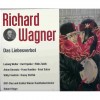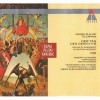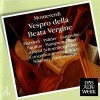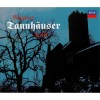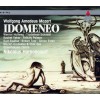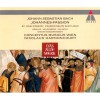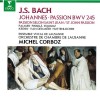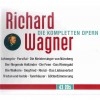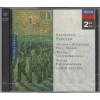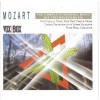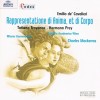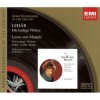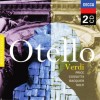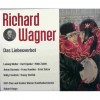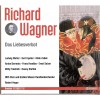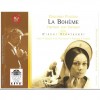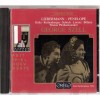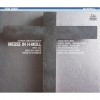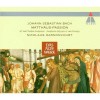| Голос/Инструмент: | Тенор |
БИОГРАФИЯ
Kurt Equiluz (born 13 June 1929 in Vienna) is an Austrian classical tenor in opera and concert, known for recording works of Johann Sebastian Bach with Nikolaus Harnoncourt and Helmuth Rilling, a member of the Vienna State Opera as a tenor buffo from 1957 until 1983.Kurt Equiluz was an alto soloist of the Wiener Sängerknaben. At the Austrian State Academy for Music and Art in Vienna he studied music theory, harp and singing with Adolf Vogel. He was a member of the "Akademie-Kammerchor" since 1945.
In 1957 he appeared in his first solo role at the Wiener Staatsoper as Pedrillo in Mozart’s Die Entführung aus dem Serail and was a member of the house until 1983, performing 69 different roles of the Spieltenor repertory, such as Jaquino in Beethoven's Fidelio or Scaramuccio in Ariadne auf Naxos. He appeared at the Salzburger Festspiele in the premiere of Rolf Liebermann's Penelope (1954), in Frank Martin's Mystère de la Nativité (1960) and in the premiere of Rudolf Wagner-Régeny's Das Bergwerk zu Falun (1961).
Kurt Equiluz became known for his interpretation of Bach's cantatas and oratorios when was engaged in the recordings of Nikolaus Harnoncourt covering the complete vocal works with historical instruments. He was the Evangelist in the first recording of Bach's St John Passion on period instruments with the Concentus Musicus Wien in 1965 and in 1970 the Evangelist in the St Matthew Passion. In 1977 he was the Evangelist in a recording of the St Matthew Passion with De Nederlandse Bachvereniging, conducted by Charles de Wolff, with Max van Egmond as the Vox Christi. He recorded the St John Passion, the St Matthew Passion and the Christmas Oratorio also with Michel Corboz. He recorded Bach cantatas also with the Gächinger Kantorei and Helmuth Rilling. With Harnoncourt he recorded works of Claudio Monteverdi, such as his operas L'Orfeo, Il ritorno d'Ulisse in patria, L'incoronazione di Poppea or the Vespro della Beata Vergine 1610. He recorded sacred music of the classical period with the Vienna Choir boys, such as Mozart's Missa solemnis in C minor, K. 139 "Waisenhausmesse", his Coronation Mass, Haydn's Theresienmesse or Franz Schubert's Mass No. 6 in E-flat major, D 950.
Kurt Equiluz started teaching in 1964, was appointed professor of the Musikhochschule of Graz in 1971, and of the Wiener Musikakademie in 1982.







